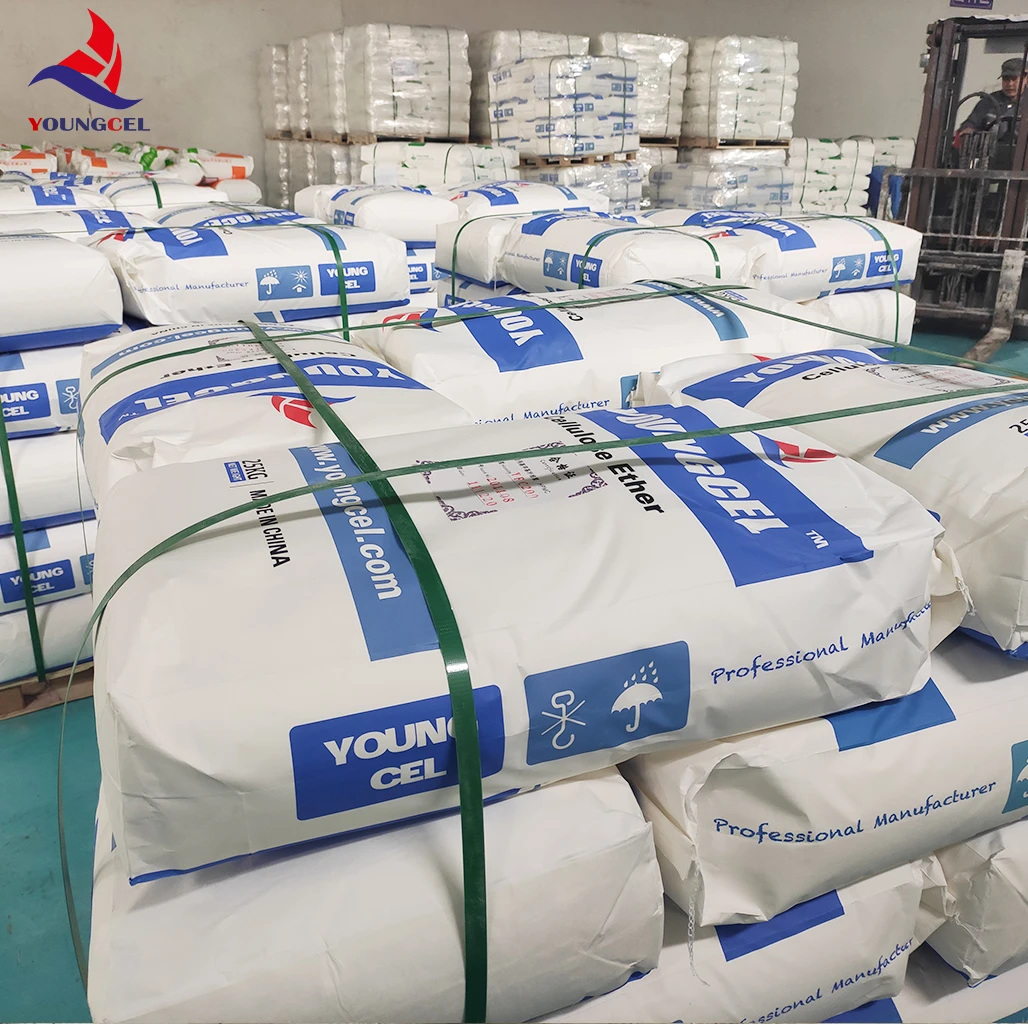Understanding Cellulose Ether Prices Trends and Influencing Factors
Cellulose ethers are a class of chemical compounds derived from cellulose, a natural polymer found in plant cell walls. These versatile materials have garnered significant attention due to their wide range of applications, including uses in construction, pharmaceuticals, food products, and personal care items. The pricing of cellulose ethers is a critical aspect for manufacturers and end-users alike, as it directly affects production costs and profitability. In this article, we delve into the factors influencing cellulose ether prices and the current market trends.
Market Overview
The global market for cellulose ethers has been on a growth trajectory, primarily driven by the increasing demand in various applications. Construction and building materials have witnessed a surge in cellulose ether utilization as additives to improve workability and water retention in cement-based products. Additionally, the pharmaceutical industry utilizes cellulose ethers as thickening agents and excipients, further enhancing demand.
In recent years, the price of cellulose ethers has exhibited volatility. Prices are influenced by several factors, including raw material costs, production processes, and global supply chain dynamics. One of the primary raw materials for manufacturing cellulose ethers is regenerated cellulose, which is sourced from wood pulp and cotton linters. Fluctuations in the availability of these raw materials, driven by environmental concerns, trade policies, and market demand, can lead to significant shifts in cellulose ether prices.
Raw Material Costs
The cost of wood pulp and cotton, which serve as the base for many cellulose ethers, plays a crucial role in determining end-product pricing. For instance, any rise in wood pulp prices due to increased global demand or natural disasters affecting harvests can subsequently drive up the prices of cellulose ethers. Moreover, as societies move towards sustainable practices, achieving a consistent supply of high-quality raw materials is becoming increasingly challenging, thereby impacting pricing further.
cellulose ether price

Production Costs
Production costs associated with cellulose ethers also vary based on the technology used and the scale of manufacturing. Companies investing in advanced production techniques may incur higher upfront costs. However, these investments often lead to improved efficiency and product quality, which can justify higher market prices. Additionally, regulatory compliance costs, especially those associated with environmental protection, can also add to the overall production expenses.
Global Supply Chain Dynamics
The global supply chain for cellulose ethers is intricately connected to geopolitical considerations, transportation costs, and trade agreements. Disruptions caused by events such as the COVID-19 pandemic highlighted vulnerabilities in global supply chains. Shipping delays, increased freight costs, and supply shortages have all contributed to the fluctuations in pricing. In response, manufacturers are seeking to diversify their supply sources and even localize production to mitigate these risks.
Current Trends and Future Outlook
As of late 2023, cellulose ether prices remain a topic of keen interest among industry stakeholders. The shift towards more sustainable products is also influencing price trends, as companies innovate to meet consumer preferences for eco-friendly materials. Moreover, the growth of the pharmaceutical and food sectors continues to drive demand.
In conclusion, cellulose ether prices are determined by a complex interplay of raw material costs, production expenses, and global market dynamics. Stakeholders must keep abreast of these factors to navigate price fluctuations effectively. As the demand for sustainable products rises and technological advancements continue, the cellulose ether market will likely evolve, presenting both challenges and opportunities for industry players in the years to come.
-
Rdp Powder: Key Considerations for Wholesalers in the Building Materials IndustryNewsJul.08,2025
-
Key Considerations for Wholesalers: Navigating the World of Hpmc - Based ProductsNewsJul.08,2025
-
Hpmc Detergent: Key Considerations for WholesalersNewsJul.08,2025
-
Key Considerations for Wholesalers: China Hpmc For Tile Adhesive, Coating Additives, Concrete Additives, and MoreNewsJul.08,2025
-
Crucial Considerations for Wholesalers: Navigating the World of Construction MaterialsNewsJul.08,2025
-
Key Considerations for Wholesalers Sourcing Additive For Cement, Additive For Concrete, Additive For Putty from Additive Manufacturer Shijiazhuang Gaocheng District Yongfeng Cellulose Co., Ltd.NewsJul.08,2025




